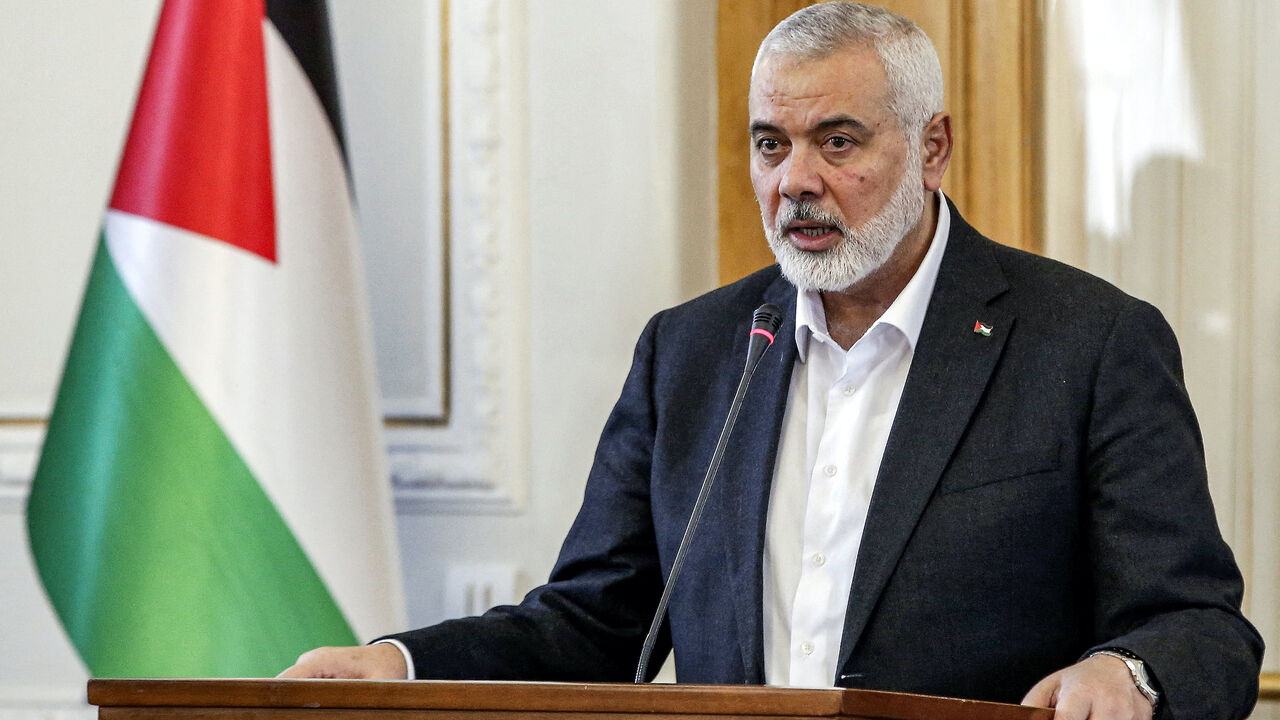How will Iran react to the assassination of two major leaders, Hezbollah Chief Secretary Faud Shukr and Hamas leader Ismail Haniyeh? Iran considers the assassination of Ismail Haniyeh, a political leader of Hamas, on its territory as a grave humiliation. What underlying factors could lead to Iran’s future actions towards Israel following the assassination of two leaders of the Axis of Resistance group?
Iran, considered the “big brother” of the resistance axis formed against Israel, has long been viewed by Israel and the West as its main enemy. In turn, Iran has repeatedly declared its goal of wiping Israel off the map. This ongoing proxy war has serious implications for the current conflict in Gaza. After the death of Ibrahim Raisi, reformist politician and heart surgeon Masoud Pezeshkian seized power. His inauguration ceremony, attended by Ismail Haniyeh, the political leader of Hamas, took place just a few days ago. Tragically, Ismail Haniyeh was assassinated in Tehran on Wednesday, July 31, 2024, at 2:00 a.m., in a bomb attack that dealt a severe blow to both Hamas and Iran. In response, Masoud Pezeshkian, the President of Iran, stated: “Israel has made a big mistake by killing Ismail Haniyeh, which will not go unanswered.”
Israel launched two major attacks ; one against Hamas leader Ismail Haniyeh and one against Hezbollah commander Fraud Shakr. Iran’s Supreme Leader Ayatollah Khamenei views the assassination of Ismail Haniyeh as a direct attack on Iranian soil that has increased the risk of war. Abbas Aslani, a fellow at the Center for Middle East Strategic Studies in Tehran, told Al Jazeera: “What happened in northern Tehran was a major blow to the Iranian security apparatus and that is why Iran will feel obliged to respond.” Both Hamas and Iran accuse Israel of being responsible for the major blow to Hamas and the Axis resistance group. After the October 7 attack on Hamas, which left more than 1,200 dead and scores of hostages taken, Israeli leaders openly vowed to “kill and destroy Hamas.”
Hezbollah has launched sustained attacks against Israel over the past two days, calling them retaliatory attacks against Israel and previous attacks against Hezbollah. | Iran has reportedly urged the Axis resistance group to attack Israel. | Iranian leaders, including Ayatollah Khamenei and President Masoud Pezeshkian, have vowed that “Iran will not back down and will face the consequences of this mistake.” | Meanwhile, US Secretary of State Anthony Blinken warned his allies that Iran is likely to launch an attack within 24 hours. | Russia has begun sending aid to Iran to support its crackdown on Israel. | The recent attacks on Iranian soil have sparked an ongoing war in the Middle East involving Israel, Iran and Hezbollah. | This conflict is likely to escalate into a full-blown war, turning the region into a “burning cauldron.” | The war will have serious consequences, including: – Attacks on civilians – Political unrest – Economic instability – Social unrest The conflict will also have serious implications for the current war in Gaza, further exacerbating the humanitarian crisis and destabilizing the region.
Ismail Haniyeh, the key negotiator in the peace deal negotiations, was assassinated, dealing a devastating blow to the peace process. | The deal brokered by Qatar and Egypt has been suspended indefinitely. | Qatar’s Prime Minister Mohammad Bin Abdul Rahman Al Thani took to social media to express his outrage, saying: “How can mediations be successful when one side murders the other side’s negotiator?” This heinous act has destroyed the chances of a peaceful solution. “ However, King Abdullah of Jordan is working tirelessly to prevent further escalation of the regional conflict. Diplomacy is hanging by a thread, but King Abdullah and US President Joe Biden are holding urgent talks to salvage the peace deal. They warn that these attacks could have far-reaching consequences and could unfold within hours and days, not weeks. The United Nations and other international organizations must be deployed to prevent all-out war and provide a framework for negotiations. The situation is precarious and time is running out. As time passes, the region is on the brink of chaos. It is a race against time to find a peaceful solution.
In conclusion, the deaths of Ismail Haniyeh and Fraud Shakr have sent shockwaves throughout the region and have further exacerbated the already fragile relations between Iran and the “Axis of Resistance” group. Iran is preparing for an all-out war with Israel and is determined to retaliate. This reciprocal reaction will only further destabilize the region and leave the already shaky peace hanging by a thread. The real victims, however, will be the innocent civilians caught in the crossfire and whose lives are at stake. A swift and concerted effort is needed to prevent this looming catastrophe and establish lasting peace in the Middle East before it is too little, too late.
Disclaimer: The views and opinions expressed in this article are those of the author and do not necessarily reflect the official policy or position of The Global Dynamic or its editorial team.

